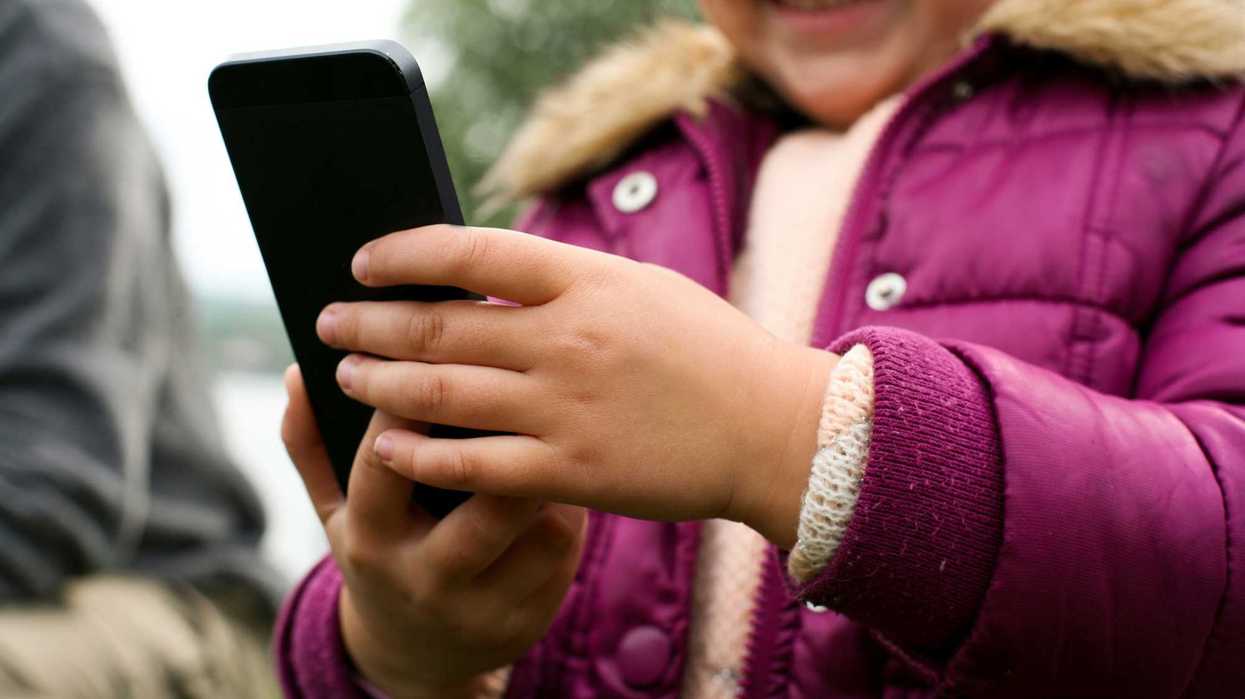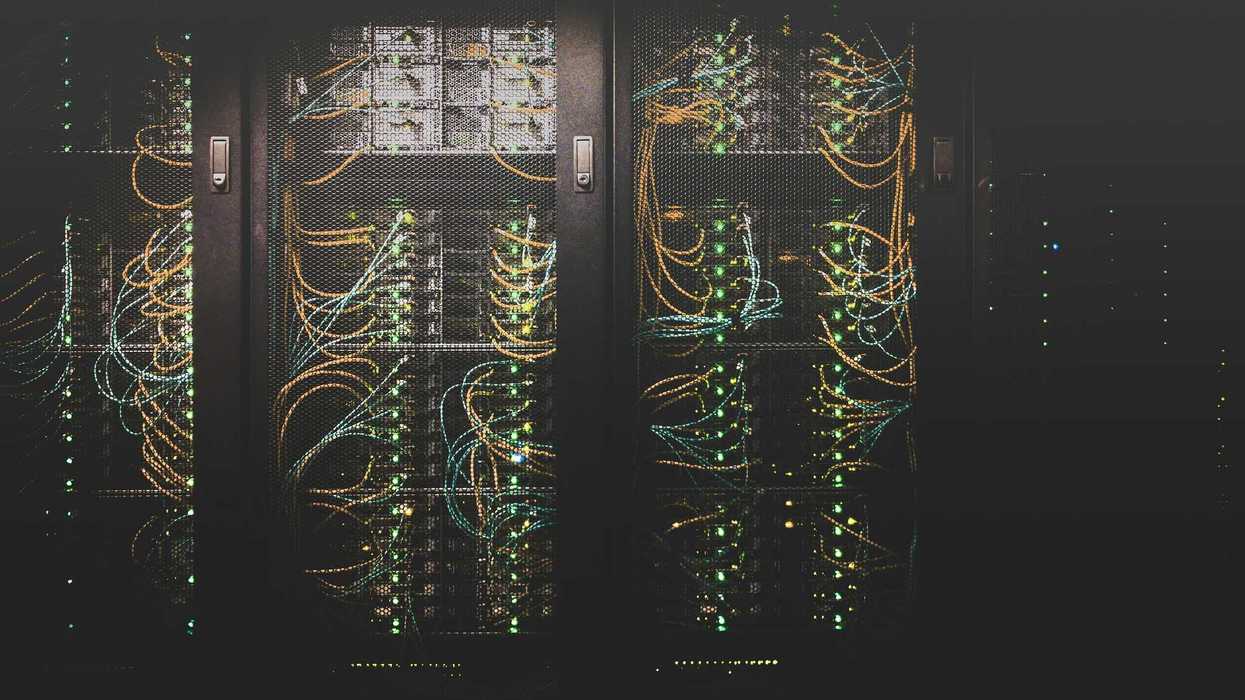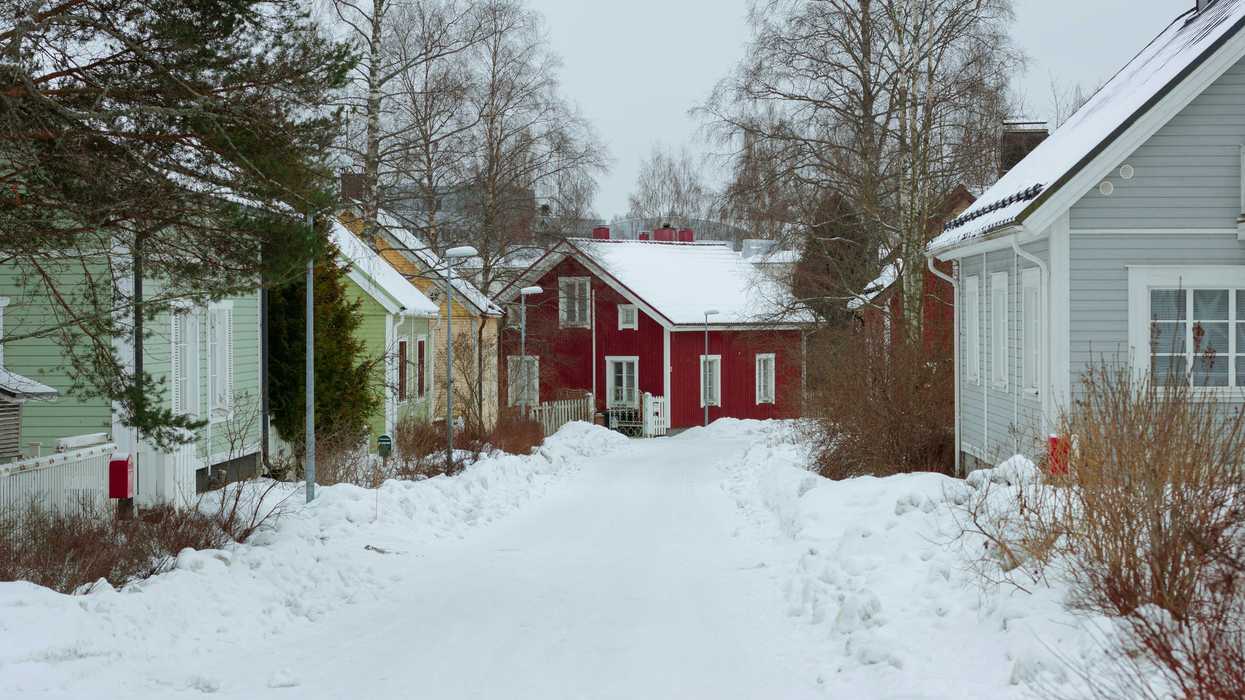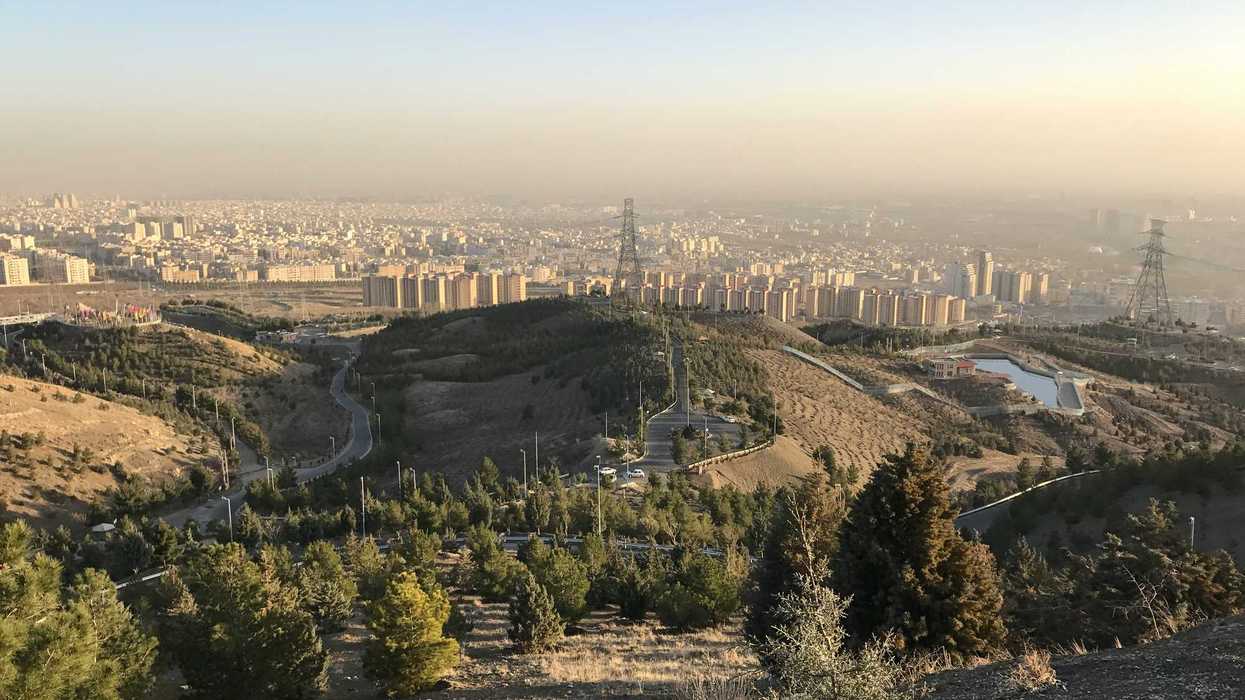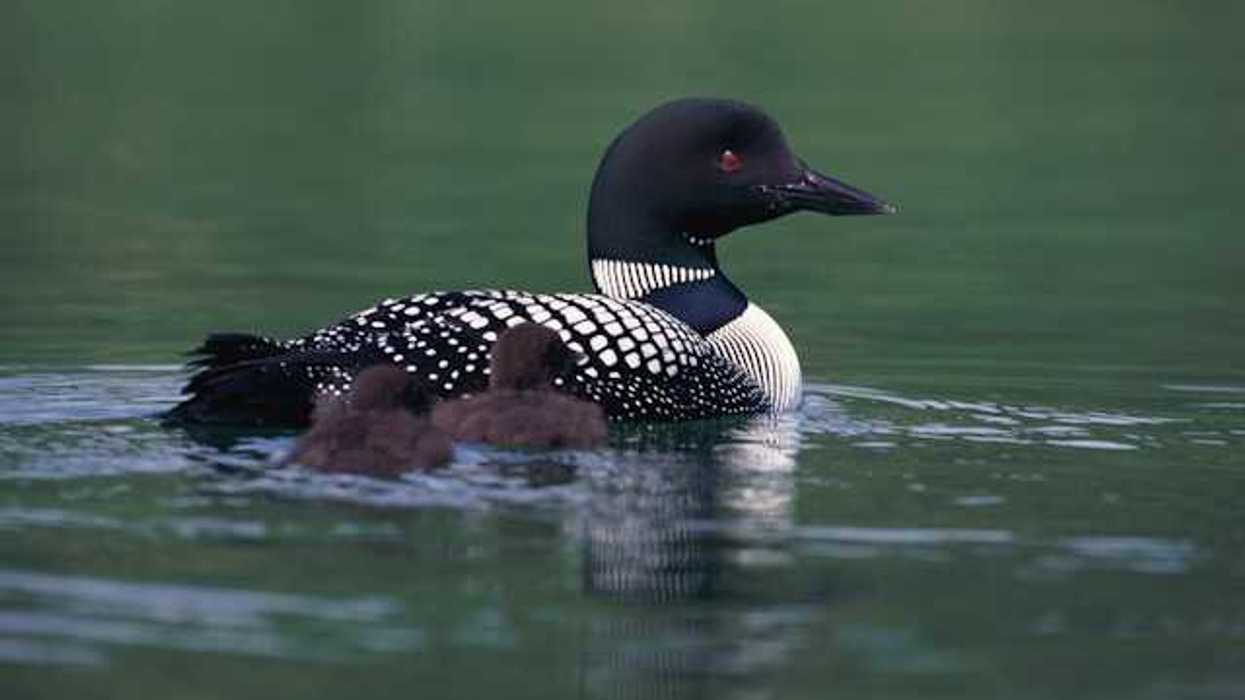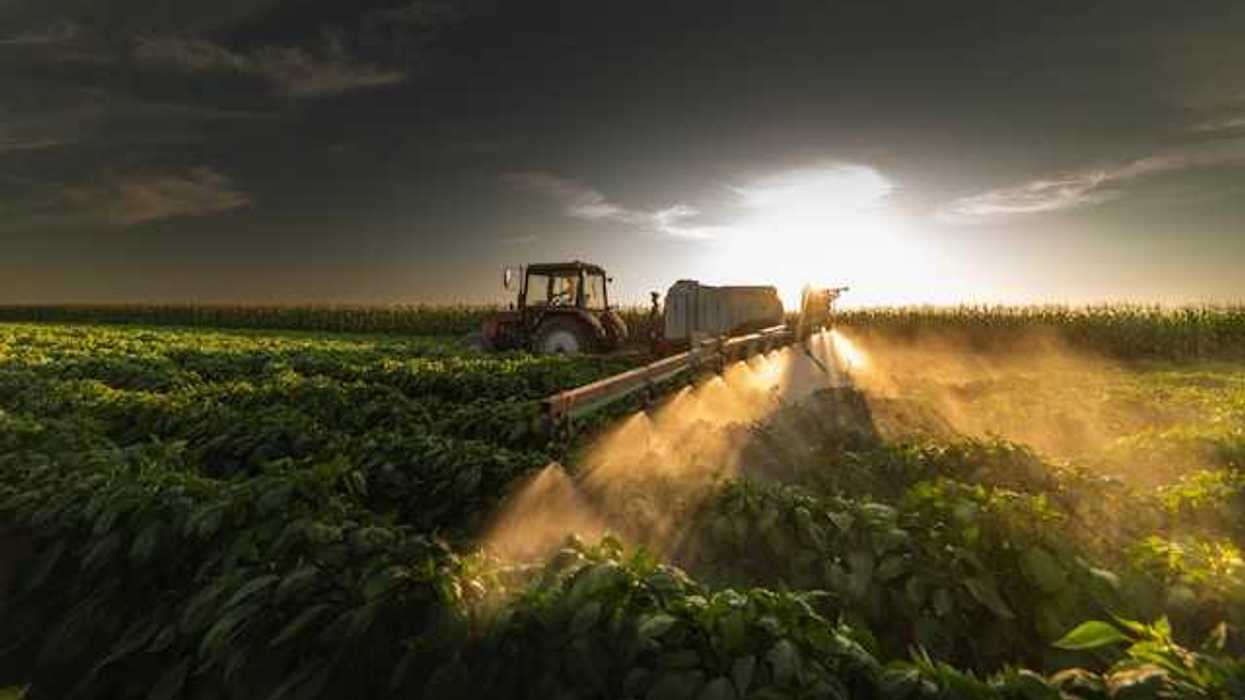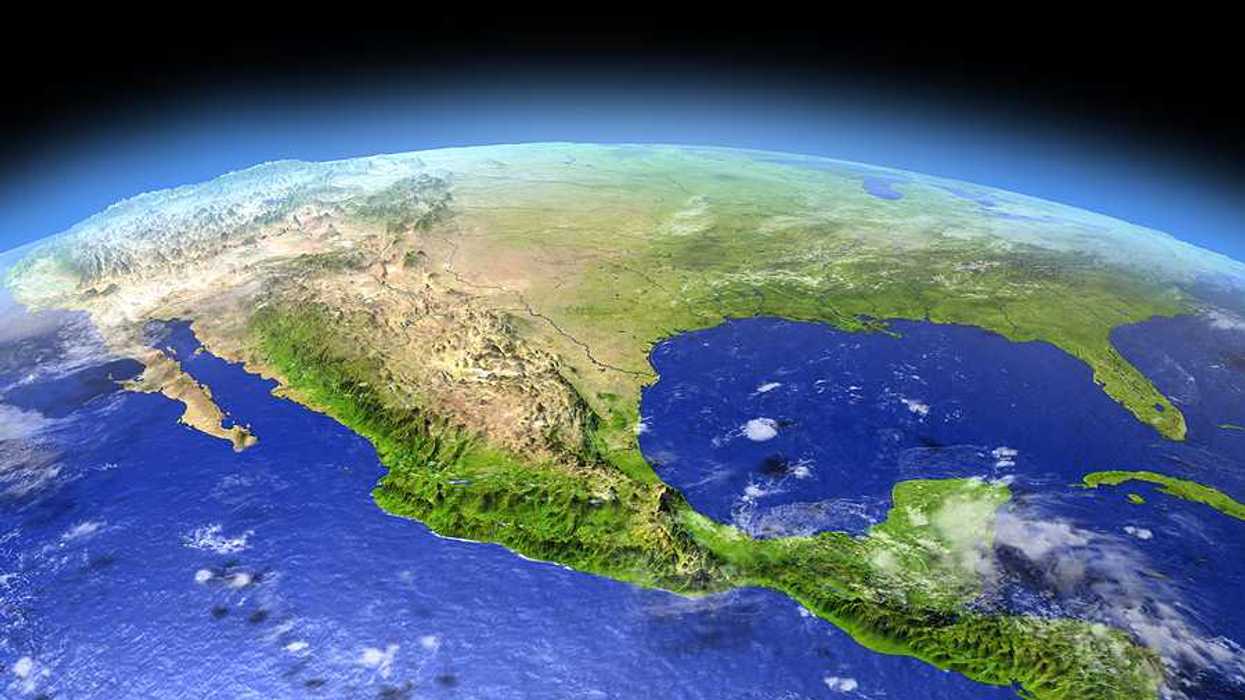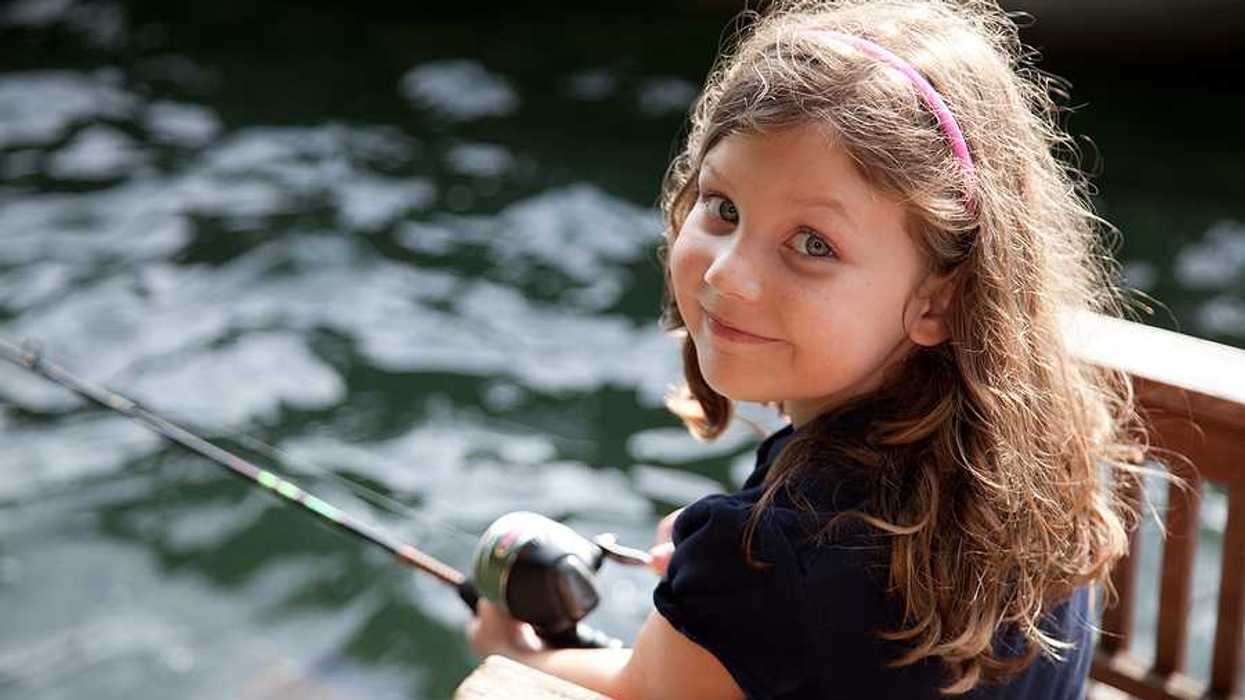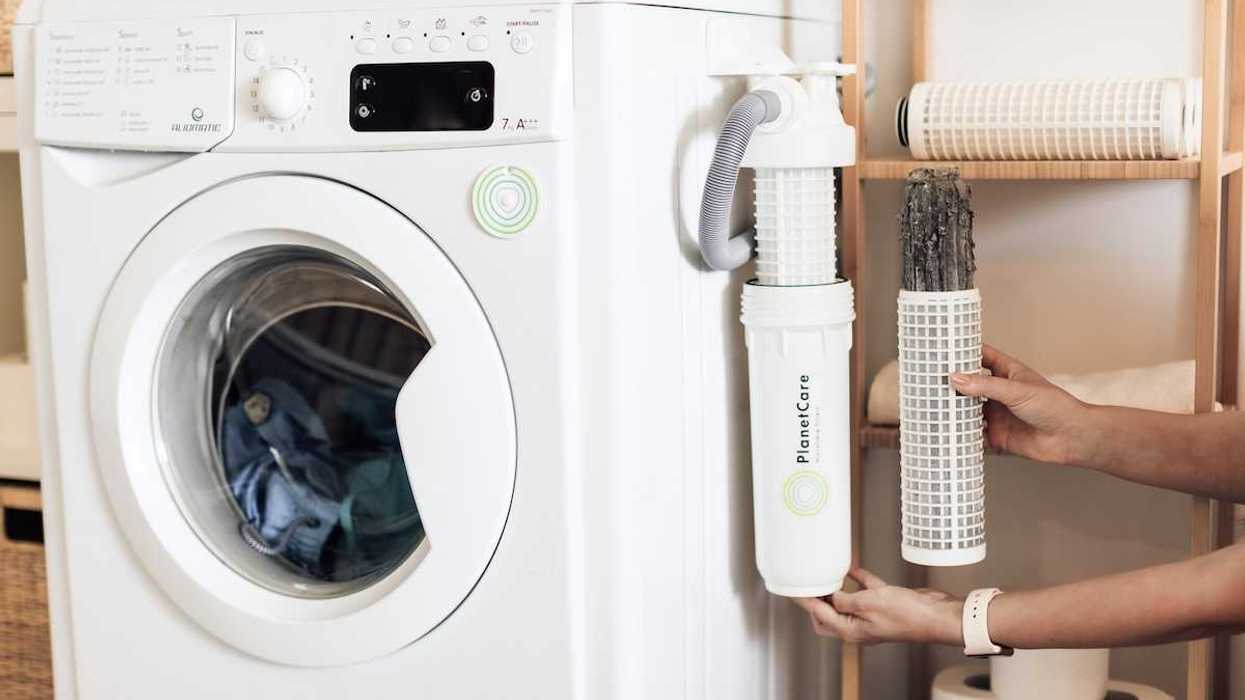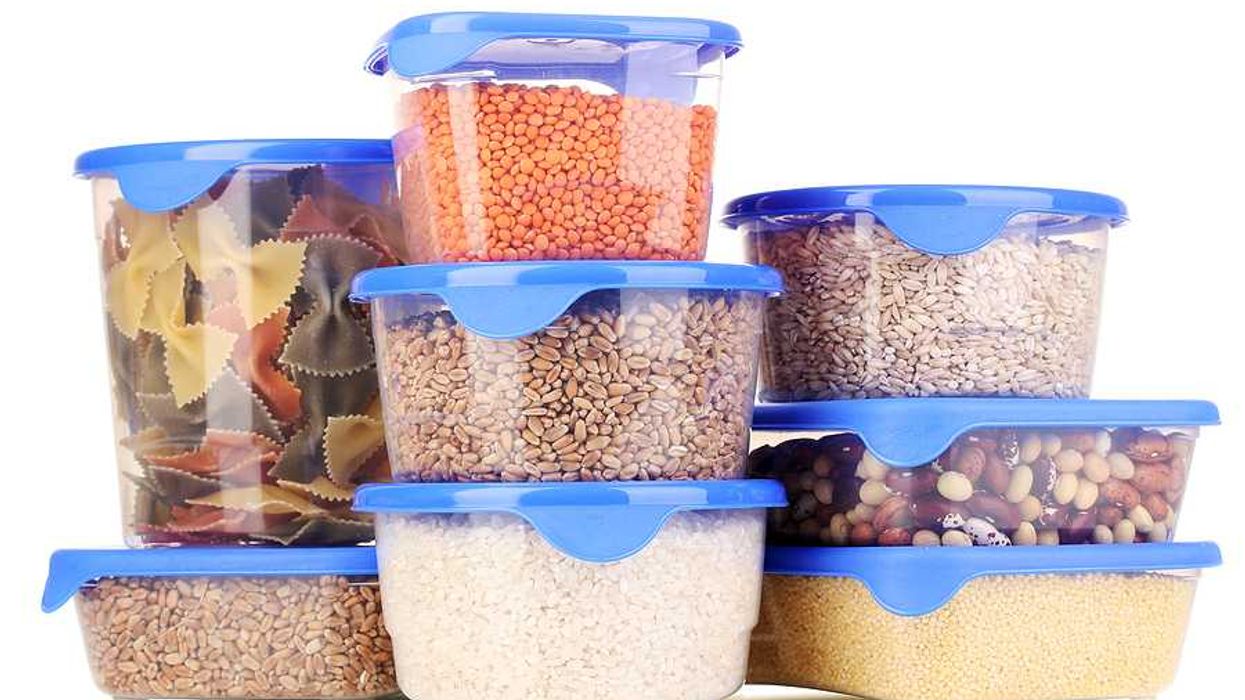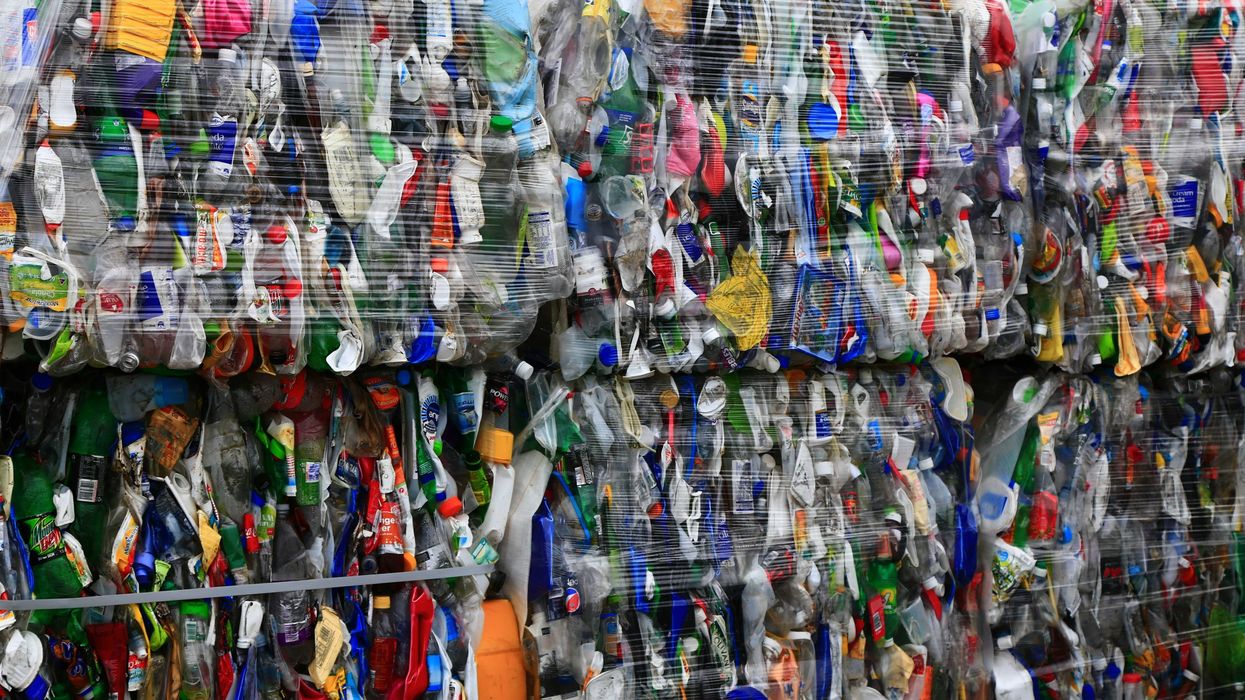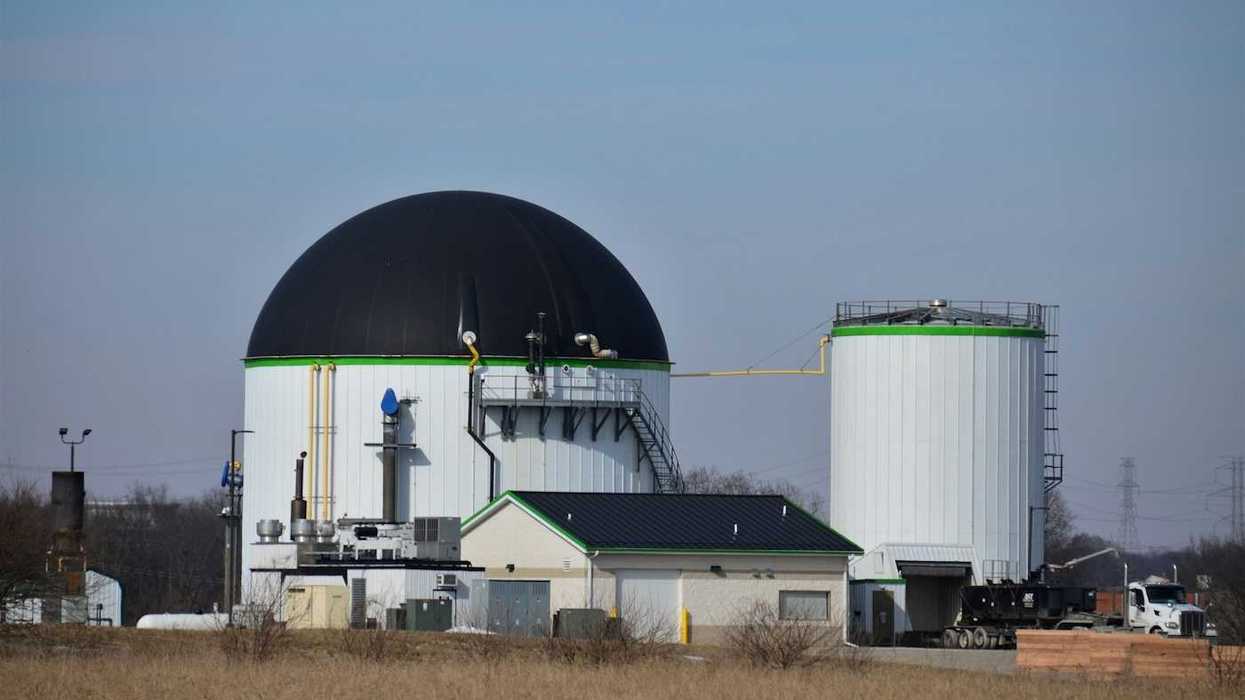Despite bans and regulations, products in the European Union continue to test positive for harmful chemicals linked to serious health risks.
Gabriela Galvin reports for EuroNews.
In short:
- More than 4,100 dangerous consumer products were flagged in the EU in 2024, the highest in 20 years, with cosmetics, vape liquids, clothing, jewelry, and toys among the culprits.
- BMHCA, a banned fragrance chemical tied to fertility issues and skin irritation, was found in nearly all flagged cosmetics despite being outlawed in 2022.
- Substances like SCCPs and lead — linked to liver, kidney, and reproductive harm — were discovered in cables and metal fusions, posing risks through inhalation and environmental buildup.
Key quote:
“These pose a risk not only to human health but also to the environment as they are toxic to aquatic organisms at low concentrations and bio-accumulate in wildlife and humans.”
— European Commission report
Why this matters:
Toxic chemicals like PFAS and lead are still making it into everyday items, threatening child development and long-term health. Despite regulations, weak enforcement and global supply chains allow these substances to persist, underscoring the urgent need for better oversight and safer product standards. It's a reminder that bans without adequate enforcement don’t always equal safety. And the line between “toxic” and “everyday” is blurrier than we’d like to think.
Read more: For clean beauty brands, getting PFAS out of makeup might be easier said than done


